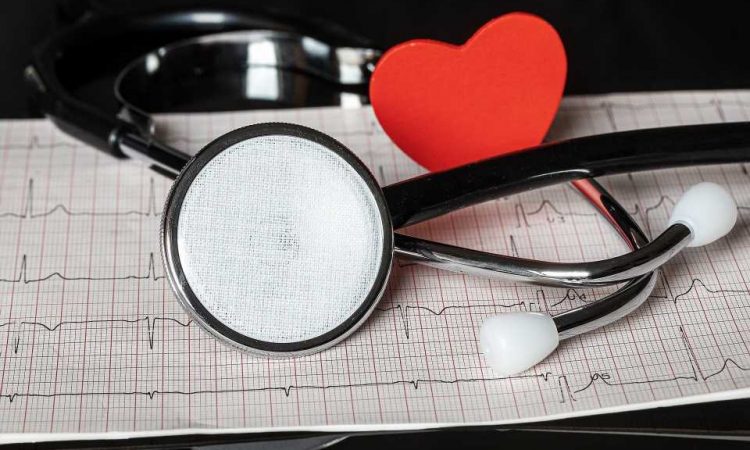
1. You can have AFib and not even feel any symptoms
- Palpitations
- Rumbling or galloping feeling in the chest
- Lightheadedness
- Shortness of breath
- Extreme fatigue
- Chest pain
2. AFib causes up to one in four strokes, and they’re more severe
3. Lifestyle changes and medications can help you prevent AFib or manage risk factors
- Exercise regularly. “As long as the heart rate is well controlled, patients with AFib should exercise at least for 30 minutes a day, five times a week,” Engelstein says. “It is a good idea to monitor the heart rate during exercise in order to not exceed physiologic heart rates.”
- Eat healthy and maintain a healthy weight. A diet designed for people with heart disease can be helpful for people with AFib. The American Heart Association suggests focusing your diet on fruits and vegetables and including foods that are low in sodium.
- Monitor your alcohol intake. “There is probably no safe amount of alcohol when it comes to AFib; though, some people are more sensitive than others,” Engelstein says. “In a large study, it has been shown that consumption of even one glass of alcohol a day increases your risk of developing AFib by 16 percent.”
- Manage other health conditions. Talk to your doctor about medications and other treatments for risk factors such as sleep apnea, high blood pressure and diabetes among others.
- Quit smoking. Smoking has toxic effects on all aspects of the heart including the rhythm. Talk to your doctor about ways to quit smoking.
- Manage stress levels. “Although stress does not directly cause AFib, it can influence conditions such as blood pressure and diabetes, which in turn can increase your risk,” Engelstein says. “On the other hand, it has been shown that yoga, meditation and other means of stress reduction can decrease the risk of recurrence in patients who go in and out of AFib.”
4. Treatment options have come a long way, and they keep getting better
5. Your smartwatch or device may help you detect AFib
Source: Read Full Article
